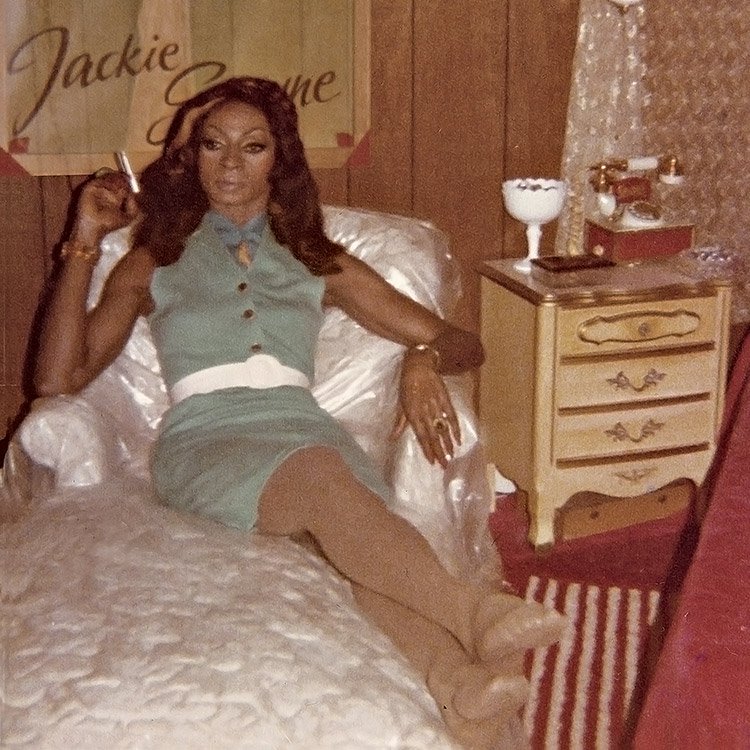The internet has caught the Kon-Mari virus. While the book was already a huge best-seller, nothing is really big these days until it hits Netflix, and the TV series of the Mari Kondo getting people to carefully curate their possessions has got everyone talking, and her name has become a verb: kon-mari. Is it reactionary garbage? While Kondo’s brand of de-hoarding is super specific and not even necessarily minimalist, its certainly caught up in the same trends of #minimalism, tiny houses, and getting rid of all your material possessions so you can put them in a backpack, travel the world and work on your laptop trends. Is this stuff actually a bunch of reactionary nonsense? Is it the aesthetic of the condominium industry? Can poor and working class people afford to get rid of their stuff?
Read moreA Different (Hot) Take on Kon-Mari and the Working Classes
Ode to Joy?




